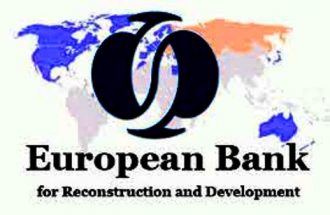 Romania needs to adopt a different economic model if it wants to avoid a crisis caused by the current consumption boom, according to Matteo Patrone, regional director of the European Bank for Reconstruction and Development (EBRD), quoted by Bloomberg.
Romania needs to adopt a different economic model if it wants to avoid a crisis caused by the current consumption boom, according to Matteo Patrone, regional director of the European Bank for Reconstruction and Development (EBRD), quoted by Bloomberg.
The increase has been exaggerated by tax cuts and wage increases in the public sector, and the government in Bucharest should direct it on a more sustainable path, according to the quoted source.
„Authorities seem to understand the need to change the growth model. This will be put into practice, hopefully, sooner, better than later,” Matteo Patrone said.
Bloomberg reminds that Romania had the fastest growth in the European Union with an annual GDP growth of 8.8% in the third quarter of last year.
However, public investment has suffered because of the type of the economic growth chosen, as well as the political turmoil caused by the change of three governments in one year.
Eurostat ranks the quality of Romanian roads on the last place in the EU. To further complicate things, the budget deficit gets close to the 3% of GDP threshold imposed by the European Commission.
„The gap existing in Romania’s infrastructure development has become a serious obstacle to the convergence process and actions need to be taken„, Matteo Patrone warned and said that international financial institutions and the European Commission are concerned about this problem.
The new prime minister, Viorica Dancila, said that her priority will be to use the EU funds to finance large investments. In her first speech in the Parliament, the new prime minister said she wants to inaugurate at least 350 kilometres of new highways by 2020, as well as 250 kilometres of new railways infrastructure, more schools, kindergartens and hospitals.
In 2018, the growth rate of the Romanian economy will slow down as consumption loses momentum and new fiscal incentives are limited. The EBRD, one of the largest investors in Romania, with a current portfolio of about EUR 1.7 billion, has mostly financed projects in the private sector over the past few years.
The EBRD funded 29 projects worth about EUR 500 million in 2017.









